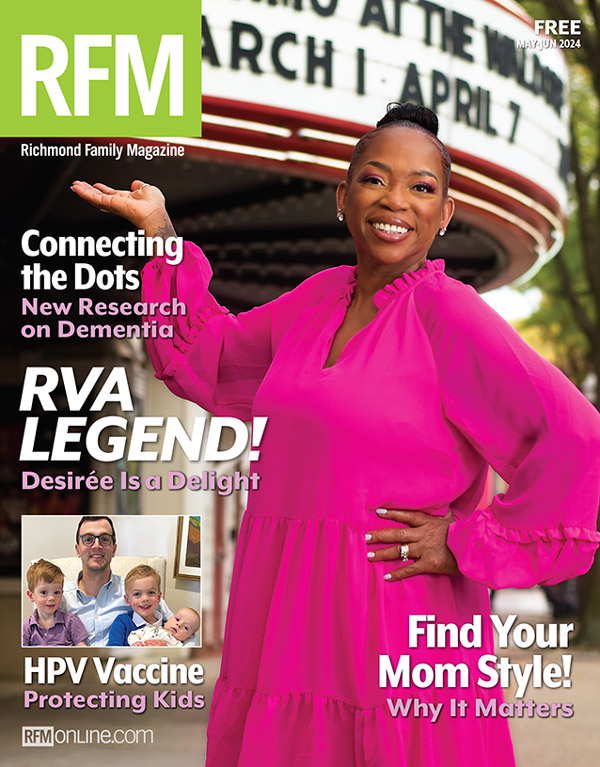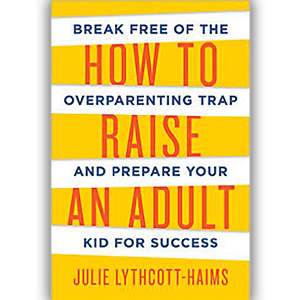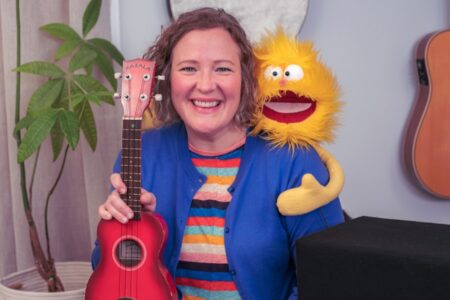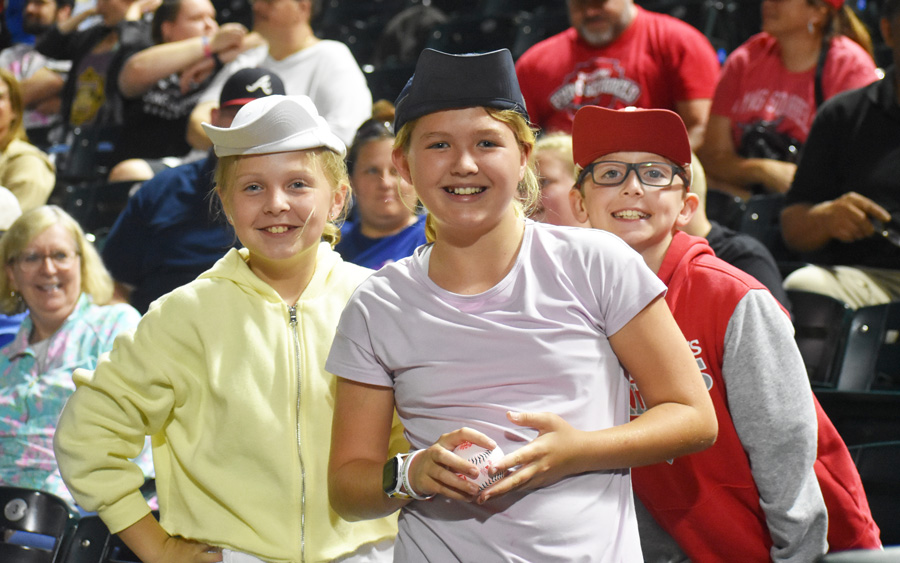“Why did parenting change from preparing our kids for life to protecting them from life?” Julie Lythcott-Haims asks in her book, How to Raise an Adult: Break Free from the Overparenting Trap and Prepare Your Kid for Success. While this title references many of the titles reviewed by Parenting by the Book – Free-Range Kids, The Price of Privilege, and The Battle Hymn of the Tiger Mother – it does a great job of bringing all of the resources together for a persuasive argument against helicopter parenting.
According to Lythcott-Haims, “A heightened level of parental involvement in the lives of kids obviously stems from love – unquestionably a good thing. But by the time I stepped down as dean at Stanford in 2012 I had interacted not only with a tremendous number of parents but with students who seemed increasingly reliant upon their parents in ways that felt, simply, off.”
She explains that “if anything, today’s childhood feels dystopian, like some futuristic story where parents’ overprotection, overdirection, and hand-holding have been taken to their (il)logical conclusion.” Given everything I read and experience (both as a parent and professor), I must say I’m inclined to agree. Perhaps, this is why I wasn’t surprised when Lythcott-Haims shared how “in a 2013 survey of college counseling center directors, 95 percent said the number of students with significant psychological problems is a growing concern on their campus.”
For all parents scheduling to ensure that kids have every opportunity, Lythcott-Haims maintains, they are actually limiting their children’s future opportunities for success. Students lack the commitment, persistence, and problem solving capabilities they need to thrive due to a lack of free-play in which they are the masters of their own destiny. The fact that Lythcott-Haims reports the findings of a 2014 study from the researchers at the University of Colorado-Boulder, which was “the first to correlate a highly structured childhood with less executive function capabilities,” only serves to illustrate this point.
That is what this book does. It tackles everything from what we’re doing now to why we must stop overparenting to how to parent differently based on effective research and moving anecdotes. Essentially, Lythcott-Haims argues the heart of the problem is “the student’s inability to differentiate the self with the parent.” Without the space to learn how to survive on their own, students lack confidence in their abilities and are unable to deal with failure.
Lythcott-Haims shares how psychologist Dr. Madeline Levine explains that parents may be overparenting and unwittingly causing psychological harm when they do the following:
- do for their kids what they can already do for themselves;
- do for their kids what they can almost do for themselves;
- and allow their parenting behavior to be motivated by their own ego.
These actions result in Millenials being called ‘orchids’ and ‘teacups’ due to their fragility. Lythcott-Haims actually believes the best metaphor was coined by educator Joe Maruszczak, who dubbed them ‘veal’ since as Lythcott-Haims explains, “they’re raised in a controlled environment and led, metaphorically, to slaughter.”
And there’s no denying that overparenting stresses us out, too. According to Lythcott-Haims, “American parents are depressed at twice the rate of the general population.” Essentially, our failure to normalize struggle causes greater stress on our children and ourselves.
Lythcott-Haims argues, “Being able to do so much for our kids is very much a function of extra money and leisure time. When we do everything for our kids, we do so with the best of intentions. But when it comes to getting ahead in life, skills like getting to places on time, being in charge of your own backpack or briefcase, and knowing how to cook turn out to be as important as schoolwork, piano lessons, and competitive sports.”
I particularly liked how Lythcott-Haims claims if we really want to help our children then we need to take up the task of teaching our kids to think – to figure things out for themselves – at home. She explains, “Chores matter a great deal. Yet children today spend significantly less time doing chores than did previous generations. A 2008 study from the University of Maryland found that children between the ages of six and twelve spend only twenty-four minutes a day doing housework, which is a twenty-five percent decline from 1981.”
Twenty-six minutes! This statistic really moved me because sometimes I find myself feeling bad for requiring my children clean up after themselves at the end of a long day. But when I think of it in those terms, it’s really nothing in the grand scheme of things. In fact, how will I ever instill a work ethic in my kids if that’s all the practice they’re getting on a daily basis? Granted, they are at school and on homework, but, as Lythcott-Haims explains, “a work ethic is about taking care of more than number one” and this is something few middle-income children have practice in these days.
So if you’re worried that your good intentions may have gone awry, I recommend How to Raise an Adult by Julie Lythcott-Haims. It offers practical strategies to parents, who struggle with letting their children learn from their mistakes.
Follow @ParentbytheBook on Twitter for updates on blog posts or like Parenting by the Book on Facebook.







